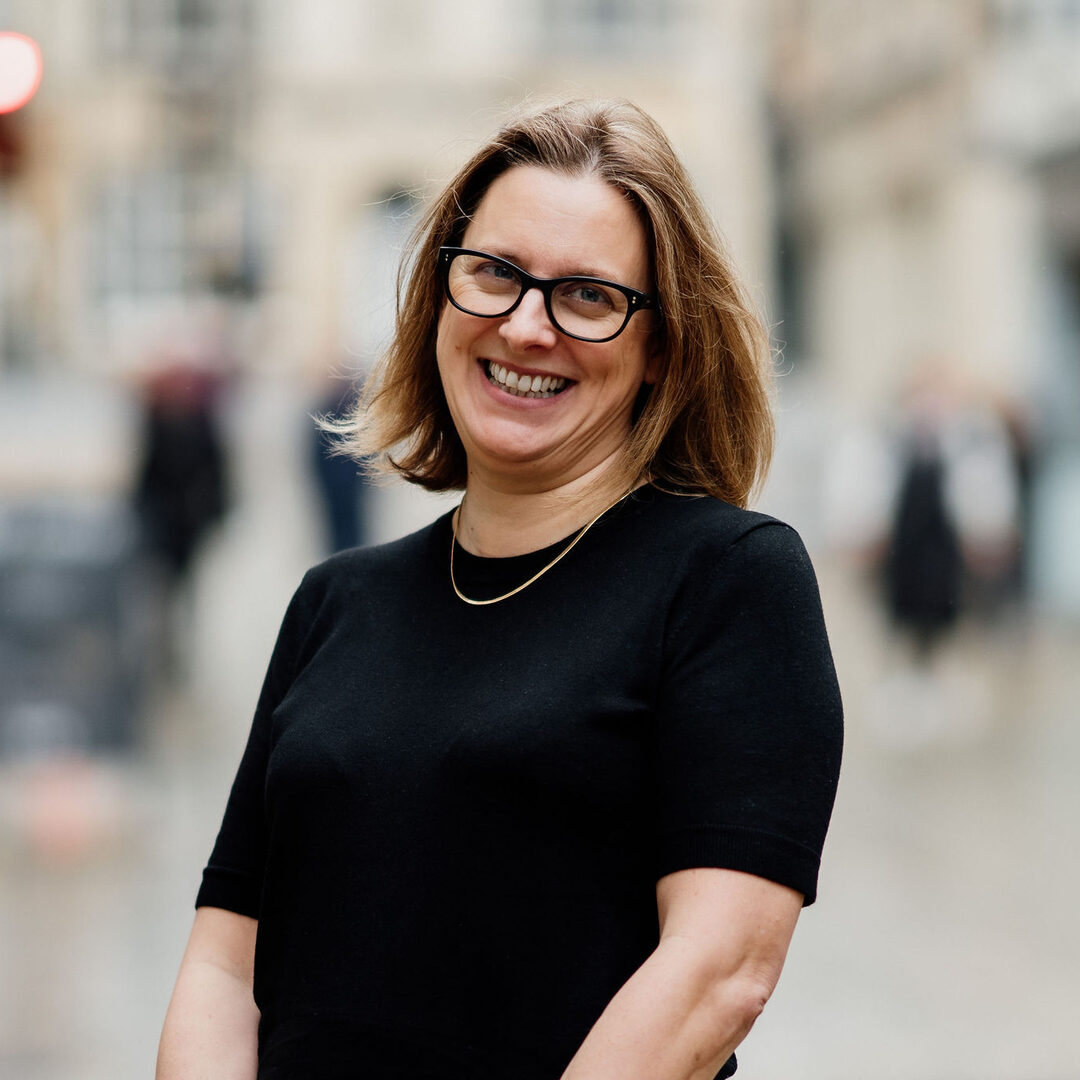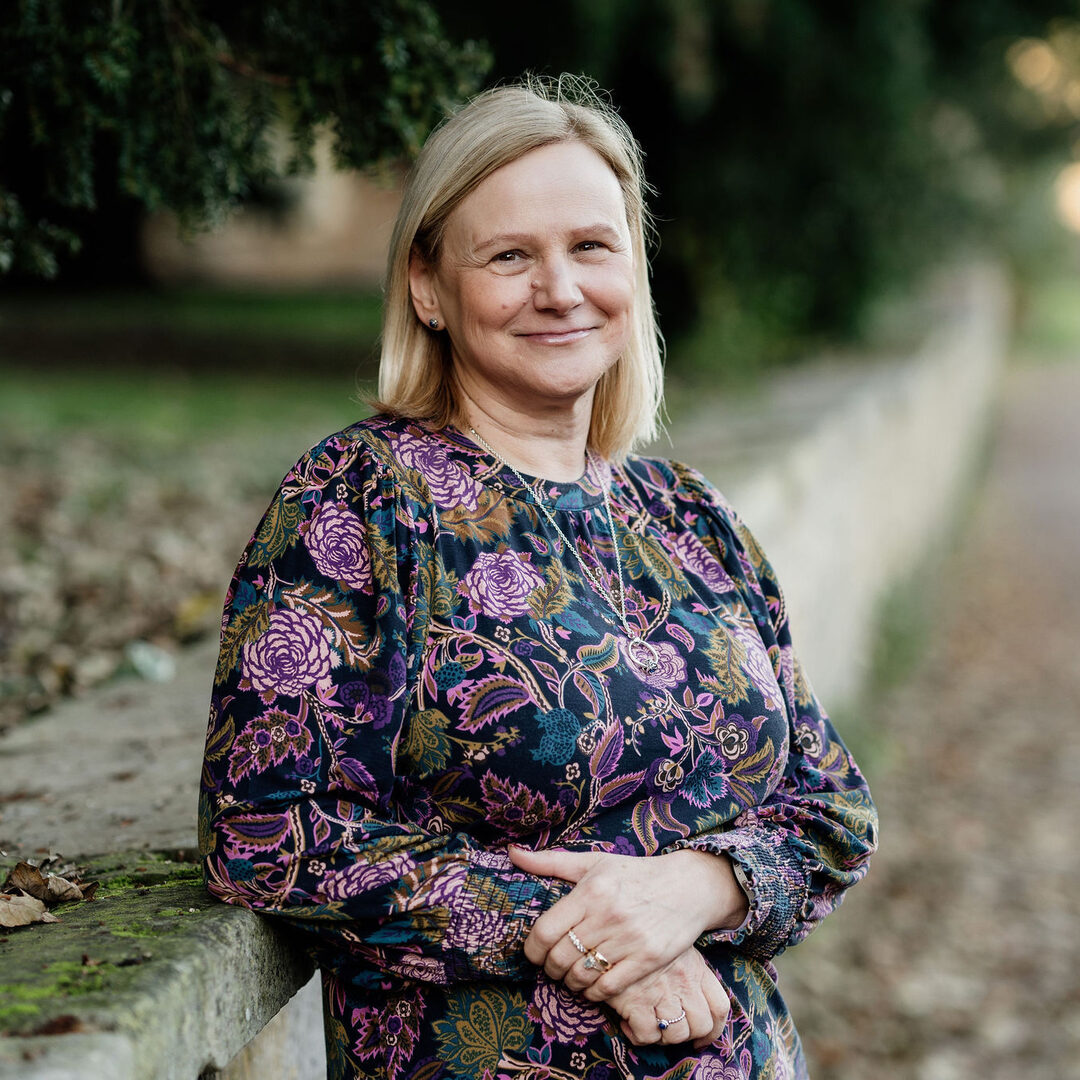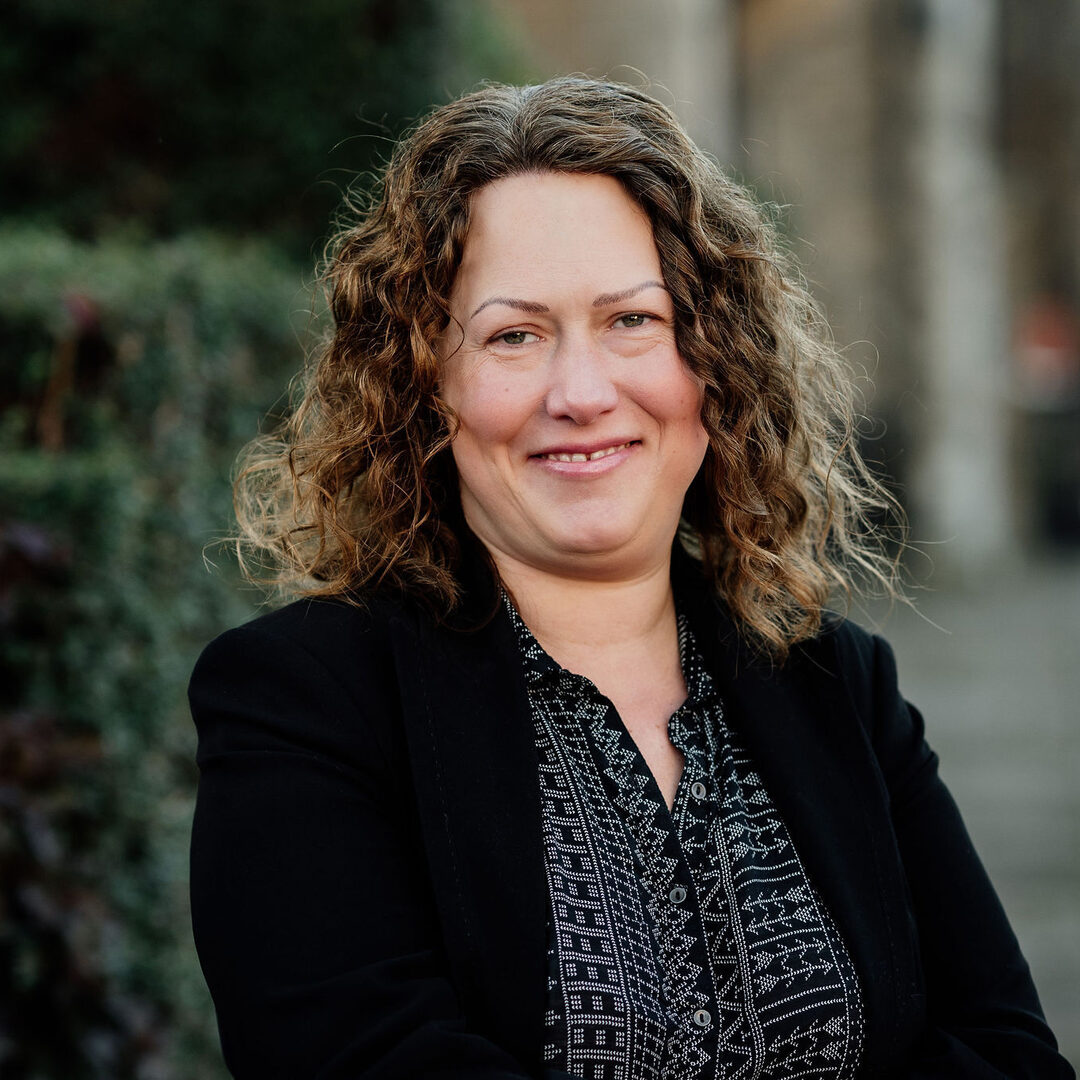The Child Maintenance Service makes sure parents who live apart from their children contribute financially to their upkeep by paying child maintenance.
Child maintenance is regular, reliable financial support that helps towards a child’s everyday living costs.
The parent without the main day-to-day care of the child (the paying parent or ‘PP’) pays child maintenance to the parent with the main day-to-day care (the receiving parent or ‘RP’).
In some cases, the person receiving child maintenance can be a grandparent or guardian.








